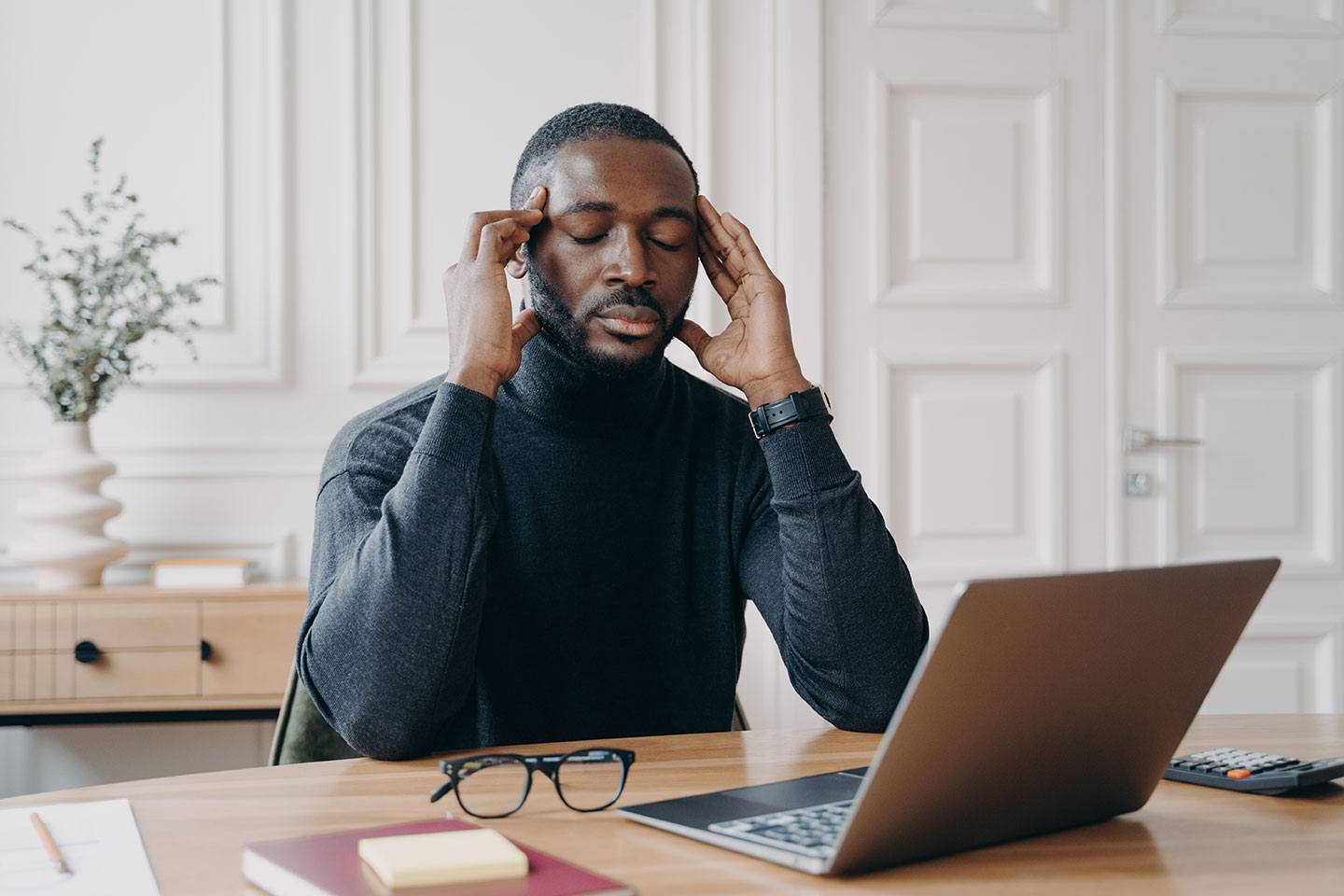
Did you know it’s Men’s Health Week between 12 – 18 June? This is when they’re encouraged to tackle their issues and work towards a better quality of life.
This could include finding a way to cope with, and alleviate, panic attacks.
On the surface women suffer from panic disorder and other anxiety disorders in significantly higher numbers than men, but this may be because they’re more likely to seek help. Panic attacks in men also often go undiagnosed because the symptoms mimic a heart attack, so they have physical tests and never explore a mental root cause.
So what are panic attacks and how do you know if you are having one? They are an intense surge of fear, dread or anxiety. These feelings can come on quickly and be overwhelming – and there are physical as well as emotional symptoms. You may have difficulty breathing, sweat a lot, tremble, and feel your heart pounding.
Men often mask the symptoms of a panic attack by drinking alcohol. But if this sounds familiar, it doesn’t need to be this way. Just try these three ways to take short and long-term control of your mental health, move forwards and feel better:
Get some perspective
Take 10 minutes to jot down what’s in your head. Money, job, relationships, health – whatever’s bothering you. Now, look at your scribbles and decide:
Start looking for help with what you have some control or lots of control over. A first step could be to take a deep breath and share your list with a friend, colleague or family member.
Take a deep breath
When we feel overwhelmed, deep breathing can reduce the symptoms of panic. What, just breathing? Yes, really.
Deep breathing activates your parasympathetic nervous system, which sends a signal to your brain to tell the anxious part that you’re safe and don’t need to use the fight, flight, or freeze response.
Put all your focus on taking deep breaths in and out through your mouth, feeling the air slowly fill your chest and belly. Breathe in for a count of four, hold for a second and then breathe out for a count of four. Do this until you have a calming rhythm.
Close your eyes
If there’s a lot going on around you and you start to feel overwhelmed, you can help reduce the panic by closing your eyes for a few seconds.
This can block things out and make it easier for you to focus on your breathing, which we understand can feel difficult when you’re in the middle of a panic attack. The NHS lists some other breathing techniques here too.
www.nhs.uk/conditions/stress-anxiety-depression/ways-relieve-stress